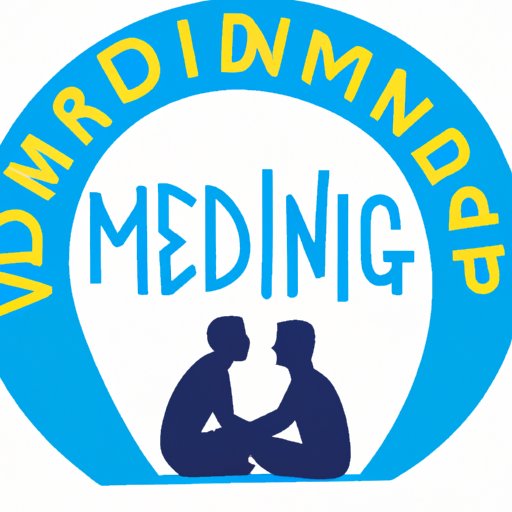Introduction
Mentoring and training are important activities that provide individuals with the opportunity to learn and develop new skills in a supportive environment. Mentoring is a relationship between two people where the mentor provides advice and guidance while helping the mentee reach their potential. Training involves imparting specific knowledge and skills to employees or students.
Being an effective mentor and trainer requires certain qualities and skills, such as active listening, respect for confidentiality, fostering positive relationships, setting clear expectations, providing constructive feedback, offering support and encouragement, and modeling good behavior. This article will explore these qualities and provide guidance on how to be a successful mentor and trainer.
Listen with an Open Mind
Active listening is essential for both mentors and trainers. As a mentor or trainer, it is important to understand different perspectives and respect each person’s unique circumstances. It is also important to pay attention to nonverbal cues such as body language and facial expressions to get a better understanding of the mentee or trainee’s thoughts and feelings.
By actively listening with an open mind, you can ensure that the mentee or trainee feels heard and understood. This will help build trust and create a more productive learning environment.
Respect Confidentiality
It is important for mentors and trainers to set boundaries and keep information secure. This means respecting the mentee or trainee’s privacy and not sharing any confidential information with others. This includes not discussing the mentee or trainee’s personal life or work-related issues with anyone else.
Setting boundaries and respecting confidentiality helps to maintain trust and protect the mentee or trainee from potential harm. It also allows the mentee or trainee to feel safe and secure in the learning environment.
Foster Positive Relationships
In order to be an effective mentor and trainer, it is important to foster positive relationships with the mentees and trainees. Building trust is key to developing a successful mentoring or training relationship. You can build trust by showing genuine interest in the mentee or trainee’s progress and being available to answer questions and provide support.
It is also important to show respect for the mentee or trainee’s opinions and ideas. Respect can go a long way in establishing strong and meaningful relationships with mentees and trainees.
Set Clear Expectations
In order to be successful, mentors and trainers must set clear expectations for the mentee or trainee. This includes establishing goals and defining roles. Setting goals allows the mentor or trainer to measure progress and provide feedback. Defining roles helps to ensure that everyone understands what is expected of them.
When setting expectations, it is important to be realistic and consider the individual’s capabilities and limitations. This will help ensure that the mentee or trainee has a better chance of achieving success.
Provide Constructive Feedback
Constructive feedback is an essential part of mentoring and training. Feedback should be honest and objective, and should focus on areas for improvement. It is also important to encourage self-reflection and offer specific recommendations for improvement.
Constructive feedback helps mentees and trainees to identify their strengths and weaknesses, and provides them with the opportunity to make changes and improve their performance.
Offer Support and Encouragement
Offering support and encouragement is another important aspect of mentoring and training. Celebrating successes can help to motivate mentees and trainees, and emphasize the importance of growth and development.
Support and encouragement can also help to build confidence and resilience, which can be beneficial in other aspects of life. By providing support and encouragement, mentors and trainers can help mentees and trainees to reach their potential.
Model Good Mentoring Behaviors
Finally, it is important for mentors and trainers to model good behavior. This includes leading by example and demonstrating respect for the mentee or trainee. Modeling good behaviors helps to create an atmosphere of trust and encourages mentees and trainees to strive for excellence.
Conclusion
Mentoring and training are important activities that can help individuals to learn and develop new skills. To be an effective mentor and trainer, it is important to listen with an open mind, respect confidentiality, foster positive relationships, set clear expectations, provide constructive feedback, offer support and encouragement, and model good behavior.
By following these guidelines, mentors and trainers can help mentees and trainees to reach their full potential and achieve success.
(Note: Is this article not meeting your expectations? Do you have knowledge or insights to share? Unlock new opportunities and expand your reach by joining our authors team. Click Registration to join us and share your expertise with our readers.)
